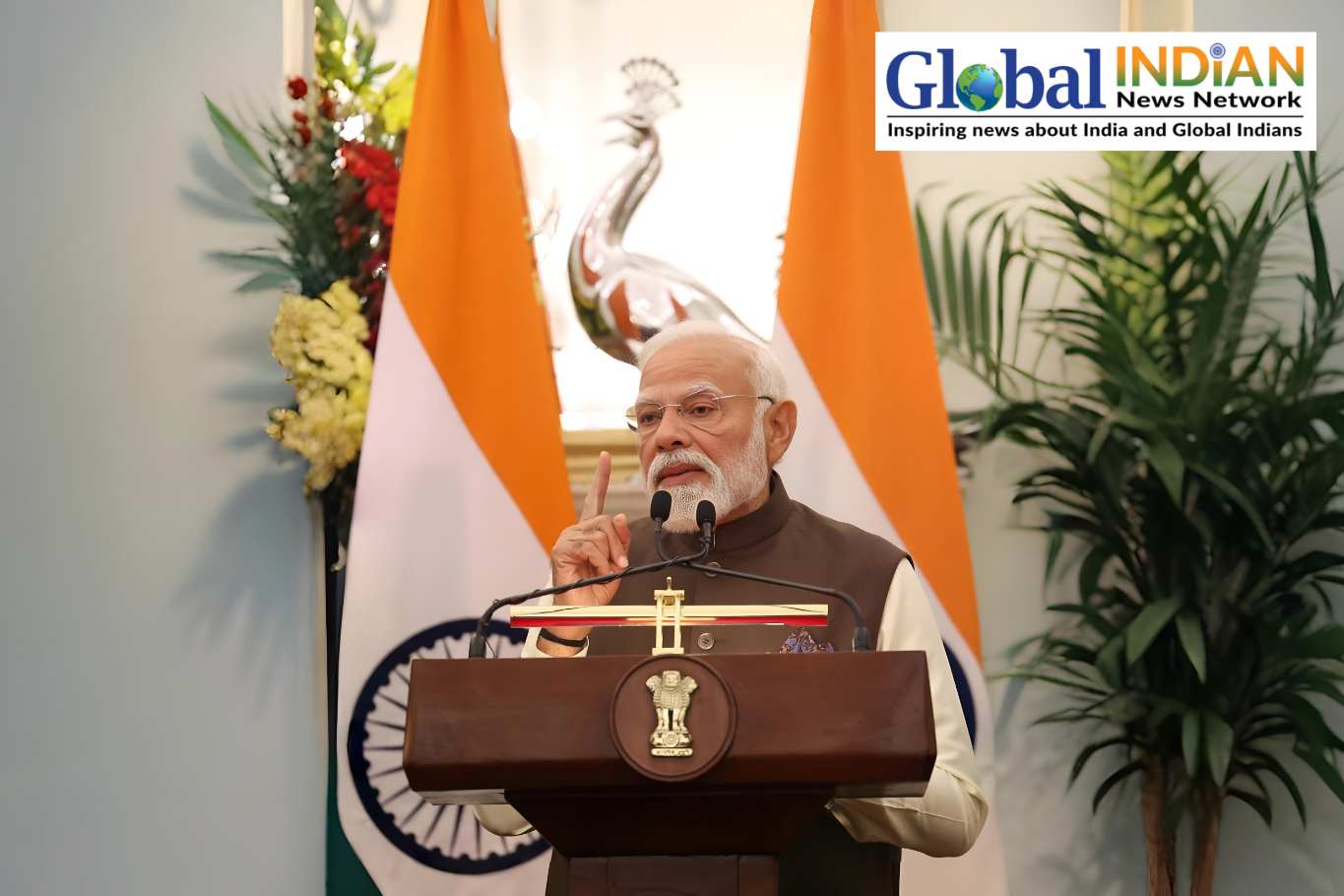
The Union Cabinet, led by Prime Minister Narendra Modi, has recently approved the development of 12 industrial smart cities across six major industrial corridors in ten states under the National Industrial Corridor Development Programme (NICDP). These states include Uttarakhand, Punjab, Maharashtra, Kerala, Uttar Pradesh, Bihar, Telangana, Andhra Pradesh, and Rajasthan.
An Industrial Smart City is a modern urban area that uses advanced technology and data analytics to enhance industrial efficiency and promote sustainable development. The cities aim to attract foreign investment, boost domestic manufacturing, and create employment opportunities. Key features of these cities include ‘plug-and-play’ industrial parks, which provide ready-to-use infrastructure for immediate business operations, and ‘walk-to-work’ urban planning that encourages residents to live close to their workplaces, reducing car use and promoting walking.
The NICDP’s goal is to develop cutting-edge industrial cities that can compete on a global scale in manufacturing and investment. Managed by the National Industrial Corridor Development and Implementation Trust (NICDIT) and the National Industrial Corridor Development Corporation Limited (NICDC), this program began with the Delhi Mumbai Industrial Corridor in 2007. The new cities will integrate residential and commercial spaces to create self-sustaining urban environments. A Special Purpose Vehicle (SPV) will be established to oversee the development of these parks, with a three-year timeline for completion, contingent on state cooperation.
Aligned with national economic goals, these smart cities are part of India’s plan to achieve USD 2 trillion in exports by 2030. They will follow the PM GatiShakti National Master Plan, which emphasizes multi-modal connectivity to improve the movement of people, goods, and services. The cities will be situated along the Golden Quadrilateral, enhancing industrial growth and connectivity.
The development is expected to attract Foreign Direct Investment (FDI) from countries such as Singapore and Switzerland, potentially creating approximately 1 million direct jobs and up to 3 million indirect jobs, with an investment potential of around USD 18 billion. These cities will also focus on sustainability by integrating ICT-enabled utilities and green technologies to minimize environmental impact while providing ready-to-use land to attract investors.
To support the success of these projects, it is crucial to implement regulatory reforms to simplify administrative processes and enhance transparency. Efficient land acquisition, including creating land banks and using innovative methods like land pooling, is essential. Sustainable development practices, comprehensive environmental assessments, and skill development initiatives are also necessary. Establishing public-private partnerships will be vital to maximize the benefits of these smart cities, ensuring transparent governance and equitable risk-sharing.









